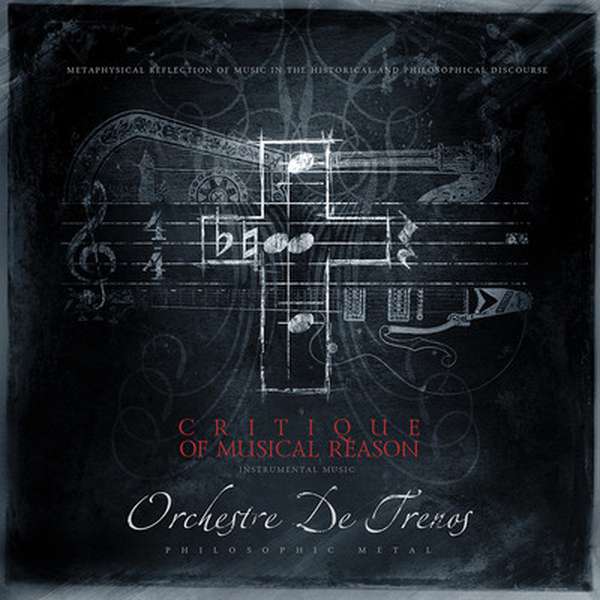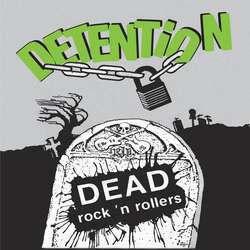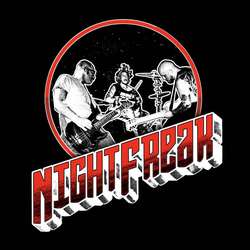Let's talk about cajones for a minute.
Immanuel Kant's Critique of Pure Reason, aside from being a formidable, densely written, obtuse tome, is one of the most important books in the history of philosophy. But the reason philosophy students still struggle through semester-long courses in order to scratch the surface of this nigh-impregnable monolith isn't for the blind satisfaction of having accomplished some arbitrarily difficult task, only to walk away with some trite truisms. No, the reason I suffered through this book and two others explaining it was because Kant's project, hidden in this tightly-wound typographical labyrinth, was to critique the very values of reason that those around took for granted. Kant wasn't making an amusing observation or a witty remark; he sought to overturn the very conventions of philosophical thought that had been the groundwork for centuries of study. He looked at those around him and the guts to say "No, you're doing it wrong."
Of course, modern philosophers still debate over the merits of his work, ninety percent of which is trying to figure out what, exactly, he's saying (Kant was not what we'd regard as a concise, clear writer). The (highly abridged) account of one philosophy BA may not be able to do his work justice, but even I know enough to realize that, if you have the balls to invoke his legacy and title an album Critique of Musical Reason, it doesn't matter how many letters you've got after your name; you'd better have the musical substance to back it up.
With that in mind, what, exactly, is Orchestre de Trenos's (aka Andrey Komisarenko PhD) project? On the surface, it looks like his goal is only that of the high-minded academic, despairing at the steady decline of popular music. It seems like he's descended from on high, here to show the uneducated masses how to make this metal of theirs into proper music, so that it might aspire to joining the canonical masses of high art. With hard work and a good teacher, metal might one day hear itself described in the same breath as classical, jazz, opera, and theatre!
But that saw's a bit too well-worn; the debate over metal's potential as a high-minded art form is a long settled one. No one can doubt that the acceptable standards of quality for metal music today are higher than they've ever been, and that there is still a conscious drive among many artists to reach that artistic pinnacle. Albums like Bath and Leaving Your Body Map wouldn't have been possible without such motivation. Clearly, Komisarenko has more to say than that.
So let's go a bit deeper. Maybe he's actually challenging our collective divisions of musical genre; by juxtaposing traditionally arranged and performed classical music alongside progressive metal, it seems he's pointing out how arbitrary the difference between the two actually is. On a compositional level, the two are approached with exactly the same hand--the rest is just instrumentation. In fact, by displaying different classical compositional styles, he's showing that there's much more variation in the one "genre" itself than separating it from metal.
But that sounds like too familiar an observation--harping on the arbitrary division of classical and popular music is a well-trodden trope, especially in progressive and avant garde metal. Neo-classical metal bands like Symphony X and Trans-Siberian Orchestra have been incorporating classical sensibilities into their heavy metal sound for decades; symphonic bands like Epica have made a point of performing classical, film, and operatic compositions alongside their own brand metal; and true crossover bands like Fist in Fetus (for classical grindcore) and Diablo Swing Orchestra (for jazz metal) completely eliminate any barriers between their chosen genres. That particular argument seems like fruit hanging far too low for a high-brow critique.
So maybe it's a call to action; rather than a condemnation or a proof of point, maybe Komisarenko is merely advocating a well-rounded musical sensibility (in both appreciation and performance). By displaying so blatantly the crossovers between two diametrically opposed genres, it seems he is displaying how knowledge of one can enhance performance of the other, and vice versa. The well-rounded musician should have an edge on the one-trick pony by virtue of being able to draw from a variety of influences and ideas, not just those that permeate the mainstream.
But that also seems like an unlikely angle, and would be far from convincing if it were his actual thrust. Komisarenko's compositions may be good, but they're far from being among the brightest, or even most intellectual, of the genre. As far as progressive metal goes, these are surprisingly safe compositions--they may span out over ten minutes long, but that doesn't make their substance any less derivative or familiar. The shorter solo pieces and miniatures seem to have thicker compositional merit than the actual symphonies do. And the sound quality isn't particularly great, either; the recording quality is passable for most of the instruments, it's painfully obvious that many of the orchestral parts were synthesized. I mean, you'd think that, if you're going to create a highbrow artistic statement, then you probably could afford to hire a studio musician instead of a drum machine.
So what's his actual purpose here? Fuck if I know. If there's some deeply subversive message Komisarenko is trying to convey, it's completely missing me. After analyzing it, I'm more convinced he picked the title for this album as a personally meaningful homage instead of a call for analysis. He probably just wants people to enjoy his varied compositions, and while they don't quite live up to their Kantian promise, I guess chilling out to a pretty good hour of neo-classical metal is fine, too.
Recommended if you like: Symphony X, Glenn Gould, Yngwie Malmsteen




